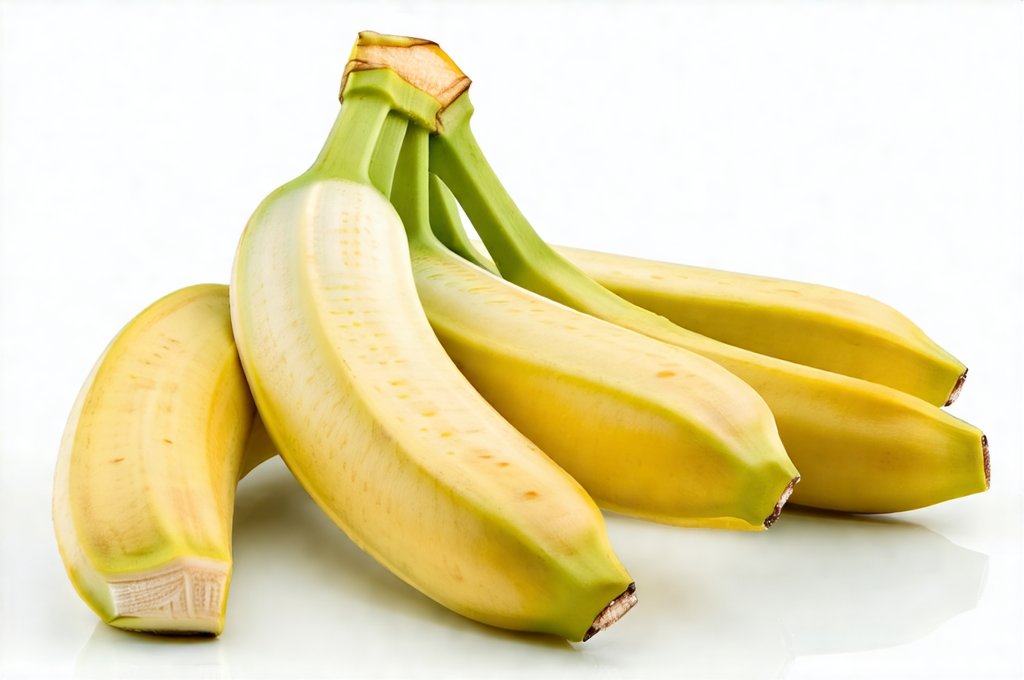Gastroesophageal reflux disease (GERD), commonly known as acid reflux, affects millions worldwide, causing discomfort ranging from mild heartburn to more severe symptoms like regurgitation and difficulty swallowing. Traditional management often involves medications aimed at reducing stomach acid production. However, growing interest exists in exploring natural approaches to alleviate GERD symptoms, focusing on dietary adjustments and lifestyle modifications. Many individuals are turning to food as medicine, seeking gentle and holistic ways to manage their condition rather than relying solely on pharmaceutical interventions. Understanding the nuanced relationship between diet and reflux is crucial for crafting effective strategies that support digestive health and minimize discomfort.
The core issue in acid reflux isn’t necessarily excess stomach acid; often it’s a malfunction of the lower esophageal sphincter (LES), the muscle at the end of the esophagus that prevents stomach contents from flowing back up. Dietary choices can significantly impact LES function, stomach acidity, and overall digestive processes. Certain foods trigger reflux symptoms in some individuals while providing relief for others, highlighting the highly individual nature of this condition. This article explores the potential role bananas can play in naturally managing acid reflux, examining their properties, how they interact with the digestive system, and ways to incorporate them into a reflux-conscious diet. It will also emphasize the importance of personalized approaches and consulting healthcare professionals. The Role of Stress in Acid Reflux can often exacerbate these symptoms, so managing stress is important too.
The Nutritional Profile & Digestive Properties of Bananas
Bananas are widely accessible, affordable, and offer a compelling nutritional package. They’re well known for their potassium content – an essential mineral that plays a vital role in numerous bodily functions, including nerve signaling and muscle contraction. Beyond potassium, bananas provide a good source of vitamin B6, vitamin C, fiber, and manganese. However, it’s the specific combination of these nutrients and the fruit’s inherent properties that make them interesting from a reflux perspective. The texture is also important; ripe bananas are soft and easy to digest, placing less strain on the digestive system compared to more complex foods.
The soluble fiber present in bananas can aid digestion and promote regularity, reducing constipation which, paradoxically, can worsen acid reflux symptoms by increasing abdominal pressure. This gentle fiber content avoids harsh bulk that might exacerbate discomfort. The Role of Fiber in Managing Acid Reflux is well documented and highlights the benefits of a high fiber diet. Furthermore, bananas contain compounds like pectin, which are known for their soothing effects on the digestive tract. The natural sugars found in bananas provide energy without causing rapid spikes in blood glucose, unlike processed sugary foods that can contribute to inflammation and potentially worsen reflux symptoms.
It’s important to note the stage of ripeness matters significantly. Green, unripe bananas contain resistant starch which can be harder to digest and potentially increase gas production, a common trigger for bloating and discomfort associated with GERD. As bananas ripen, this resistant starch converts into simpler sugars, making them easier on the digestive system. Fully ripe bananas are generally considered more beneficial for those managing reflux. The Role of Acupuncture in Managing Bloating is another alternative to consider if bloating is a persistent issue.
How Bananas May Alleviate Reflux Symptoms
Bananas offer several potential mechanisms through which they might help manage acid reflux symptoms. Firstly, their alkalinizing effect is often cited. While not dramatically alkaline, bananas can contribute to a slight elevation of pH in the digestive system, potentially neutralizing some stomach acid and reducing irritation to the esophageal lining. This isn’t about completely eliminating stomach acid (which is necessary for digestion!), but rather mitigating its impact when reflux occurs.
Secondly, the coating effect provided by the soft pulp of a banana can create a temporary protective barrier within the esophagus. When reflux happens, this coating may help soothe and protect the sensitive esophageal lining from further irritation caused by acidic stomach contents. This effect isn’t long-lasting but can provide immediate relief during mild flare-ups.
Finally, bananas’ potassium content is crucial for maintaining healthy muscle function, including the LES. While not a direct fix for a weakened sphincter, adequate potassium intake supports optimal muscular performance and may contribute to better overall digestive health. It’s vital to remember that reflux is rarely caused by one single factor; it’s often a combination of dietary habits, lifestyle choices, and underlying physiological factors. Bananas can be part of a broader strategy to address these contributing elements. The Role of Probiotics in Managing Bowel Health can also play an important role here, as gut health is closely linked to digestion.
Integrating Bananas Into A Reflux-Friendly Diet
Incorporating bananas into your diet shouldn’t be viewed as a cure but rather as one component of a holistic approach to reflux management. Here’s how you might integrate them effectively:
- Choose ripe bananas: As discussed earlier, fully ripened bananas are easier to digest and less likely to cause discomfort. Look for those with brown spots – these indicate higher sugar content and softer texture.
- Portion control: While generally well-tolerated, excessive consumption of any food can potentially exacerbate reflux symptoms. Start with a small portion (half a banana) and observe how your body reacts.
- Timing is key: Avoid eating bananas right before lying down or exercising, as this can increase the risk of reflux. Eating them several hours before bedtime or physical activity might be more beneficial.
Beyond simply adding bananas to your diet, consider pairing them with other reflux-friendly foods. For example:
– Oatmeal and sliced banana for breakfast provide a gentle and soothing start to the day.
– Banana slices with almond butter offer a satisfying snack that combines fiber, healthy fats, and protein.
– A smoothie made with banana, spinach, and non-dairy milk can be a nutritious way to incorporate this fruit into your diet. The Role of Chewing Gum in Managing GERD may also help stimulate saliva production which can neutralize acid.
Important Considerations & Disclaimer
It’s essential to approach dietary changes for reflux management with caution and self-awareness. What works for one person may not work for another. Identifying your individual trigger foods is paramount. Keep a food diary, meticulously recording what you eat and any associated symptoms to pinpoint potential culprits.
Bananas are generally safe and well-tolerated, but some individuals might experience bloating or gas from them, particularly if they have sensitivities to FODMAPs (fermentable oligosaccharides, disaccharides, monosaccharides, and polyols). If you suspect a FODMAP intolerance, consult with a registered dietitian for guidance. The Role of Fiber in Managing Bloating can help you understand how to manage fiber intake if bloating is an issue.
This article provides informational purposes only and should not be considered medical advice. Always consult with a healthcare professional or qualified medical practitioner before making any significant changes to your diet or treatment plan, especially if you have underlying health conditions or are taking medications. Self-treating acid reflux can mask more serious underlying issues, so seeking proper diagnosis and care is vital for long-term health and well-being. Remember that managing reflux effectively often requires a multi-faceted approach involving dietary adjustments, lifestyle modifications, and potentially medical interventions tailored to your specific needs.


















